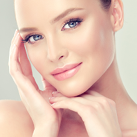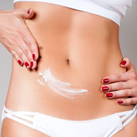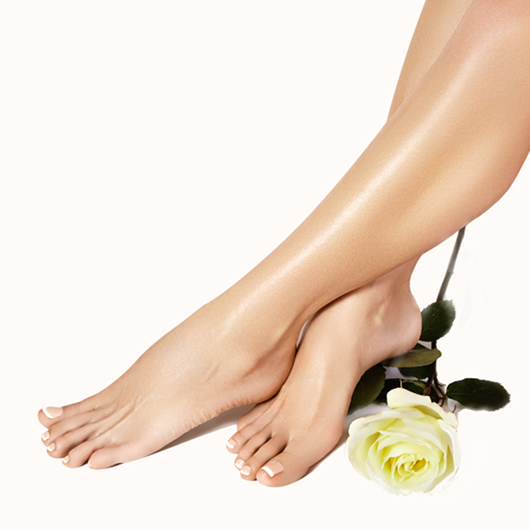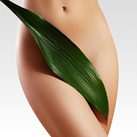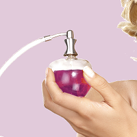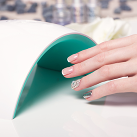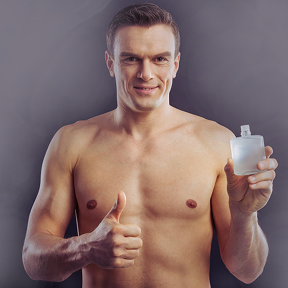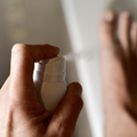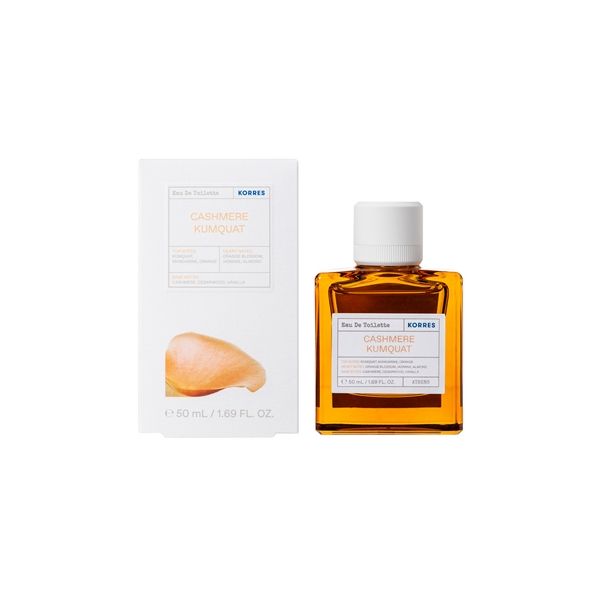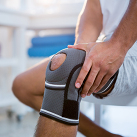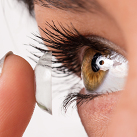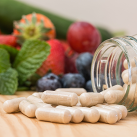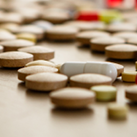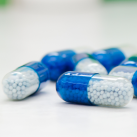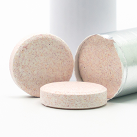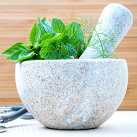Blog
Hydrating or Moisturizing Product? What is The Difference? Why does Hydration Have So Many Faces?
If you look closely at product labels, you will see that there is a distinction between “hydrating” and “moisturizing” products. And NO, it’s not the same thing! Find out what the differences are between them and what your skin needs in the end!
All cosmetic companies promote products that promise a healthy, soft and glowing skin. It is really difficult to choose which product is most suitable for the care of your own skin through the great variety that exists. There should undoubtedly be a good moisturizer in you bathroom, and that’s all you know.
Have you ever felt your skin begging you to quench its thirst? There are “hydrating” and “moisturizing” products for this purpose. Both help treat dryness and dehydration, helping you to have a youthful, velvety complexion.
The common feature between “hydrators” and “moisturizers” is that they both nourish the skin. But they achieve it in a different way. To put it as simply as possible, think that “hydration” means water and “moisture” means oil. If your skin is dehydrated, then it lacks moisture, and if it is dry, then it lacks oiliness.
What is their difference?
A hydrating product adds moisture to skin cells helping to better absorb fats and nutrients.
On the other hand, a moisturizing product creates an invisible natural protective layer around the skin that internally traps the above moisture. In this way, it prevents the evaporation of moisture and ensures that the skin will remain soft and silky.
In other words, a hydrating product is not enough for the skin to be soft, because it will not remain soft for a long time if there is not enough oil to retain moisture internally. If moisture escapes, then the skin ends up dry and prone to flaking. On the other hand, a moisturizing product is not enough because it can make dehydrated skin look soft, but it will essentially lack the internal moisture that the hydrating cosmetic infuses.
Why is water not enough?
Wondering why it is not enough to cool your skin down with water as a moisturising factor? Water alone is not a strong enough ingredient to hydrate your skin. It is also very likely that by the time you get out of the bath, it will have evaporated – along with the natural oily elements of your skin. In fact, the more often you wash your face without applying a hydrating or moisturizing product right after, the more you dehydrate it!
What does your skin need?
If your skin is dry all year round and tends to crack and flake off, then chances are this is not related to the dehydration caused by cold weather. Obviously its protective film is not enough to retain moisture internally. In this case, you need a good moisturizing product, to form a protective film around your skin and seal the moisture inside. This will restore the firmness of the skin and your skin will look more fluffy and full.
Prefer moisturizers with emollient ingredients that can help your skin retain its moisture and provide it with the necessary nutrients. Choose products that contain lanolin, shea butter, tea tree oil, rapeseed oil, as well as oils derived from vegetable oils such as jojoba, coconut, almond or walnut oil.
If, on the other hand, you feel that your skin looks dull and that fine lines and wrinkles have become more visible, then it is obvious that your skin is dehydrated.
You need a thin hydrating product to deal with dehydration and provide your skin with the necessary nutrition. Prefer a moisturizing serum with hyaluronic acid, which holds 1,000 times its weight in water and will offer a strong dose of hydration to your skin. Also try products that contain aloe vera, glycerin, honey, lactic or citric acid. In addition, moisturize your skin from the inside out, drinking enough water daily and enriching your menu with lots of fruits and vegetables.
If you wish to use both products, it’s still okay. Just apply them in the following order: first the hydrating product to increase the internal humidity and then the moisturizing one to “lock” humidity inside. If you do not want to be overwhelmed with many products, then a good solution is face masks that combine both functions in one product!
Do you have oily skin?
If you have oily skin, it does not automatically mean that your skin is not dehydrated. Contrary, if your skin is dehydrated, it can intensify oiliness issues. Usually, people with oily skin do not have adequate protective film, making it difficult for the skin to retain its natural oils. As these are lost from the skin, the skin becomes dehydrated and begins to produce even more oil.
It is a vicious cycle that in order to break it, you need to properly nourish your skin. Look for 2-in-1 products (hydrating and moisturizing) that are water-based so that they are lighter for your skin and do not clog pores.

 Ελληνικά
Ελληνικά
